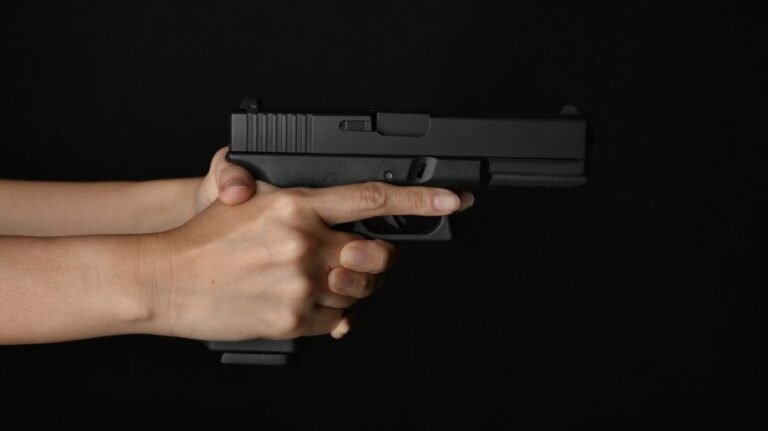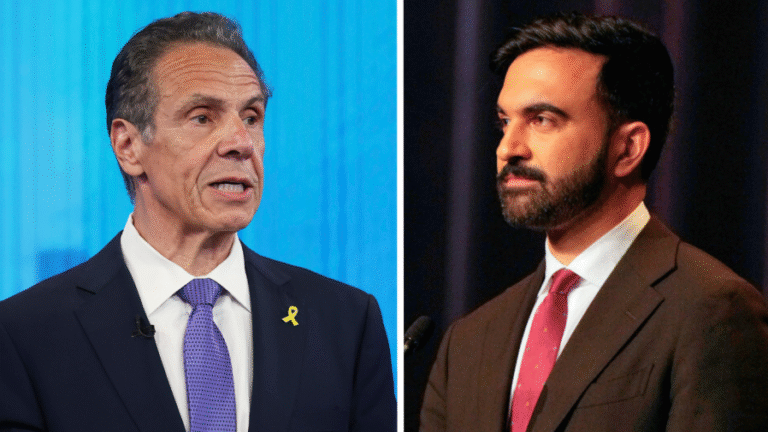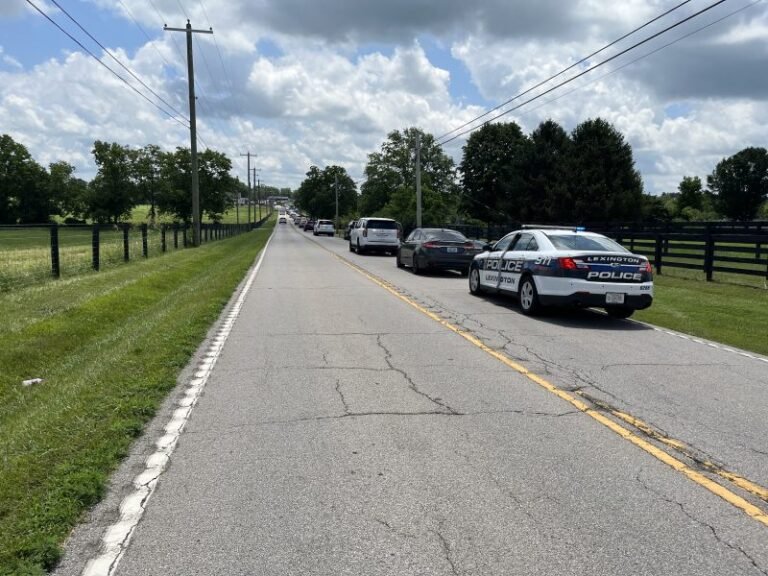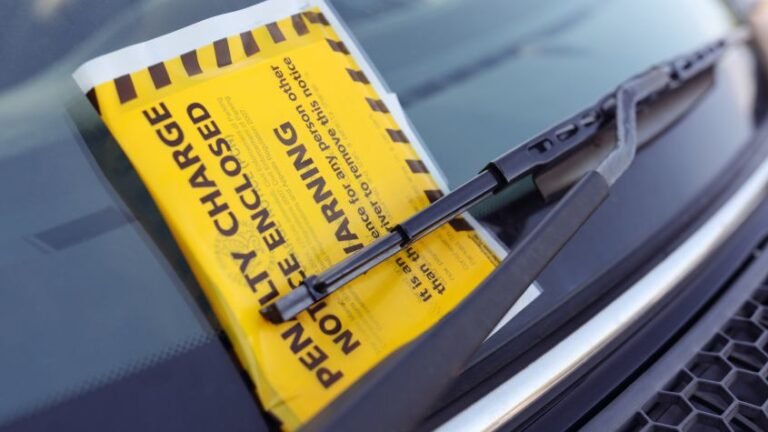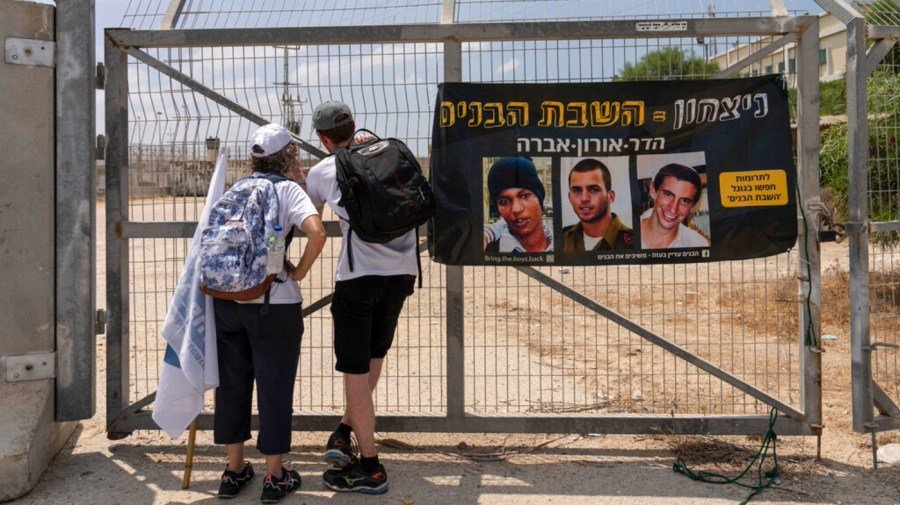
The Oct. 7 Hostage Crisis began long before that dark day in 2023.
In August 2014, my son, Lt. Hadar Goldin, was ambushed and killed during a humanitarian cease-fire brokered by the United Nations and U.S. Hamas terrorists dragged his body into a tunnel and have held him hostage ever since — denying him, and us, the dignity of a proper burial.
Hadar is one of the 50 hostages Hamas is still holding in its dungeons, at least 20 of whom are still alive.
Diplomacy failed in 2014, when a cease-fire meant to save lives became the cover for Hamas’s hostage-taking. It failed in the decade that followed, as his case was brushed aside. Now, as the Middle East undergoes seismic change, diplomacy must not fail again.
The Middle East is moving ahead — and the hostages must not be left behind.
For years, Hadar’s abduction was repeatedly swept under the rug. Treated as an inconvenience, a nuisance, a barrier to business as usual and to business interests in the Gaza Strip. This hostage crisis was apparently never considered important enough to solve, and a far greater one followed it. On Oct. 7, 2023, the Hamas terrorist regime in the Gaza Strip invaded Israel, savagely murdered 1,200 people and seized 251 hostages, inflating the terrorist hostage crisis to monstrous proportions.
The regional shockwaves of the October 7 War have opened the door to diplomatic opportunities that once seemed unimaginable. Not only is the United States pushing for normalization with Saudi Arabia, but there is talk of Lebanon and Syria joining the circle of peace under the Abraham Accords that President Trump brokered in his first term.
The hostages’ return, including Hadar, must be part of any regional settlement, not treated as a sideshow.
Saudi Arabia has the power to help bring my son Hadar home, wielding direct influence over the patrons of Hamas’s terrorist regime in Gaza. As the leader of the Muslim world, Saudi Arabia has influence with them — if only it chooses to use it.
Saudi Arabia must leverage its regional leadership position to get every hostage home. The Iranian regime, as a party to the regional conflict waged against Israel, is required by international law to enable the return of the remains of missing persons, as U.N. Security Council Resolution 2474 clearly states. Saudi Arabia’s facilitation of the return of the hostages would be a critical confidence-building measure ahead of any regional peace settlement. It would also be a statement that normalization is based not only on mutual interests but on shared principles of humanity and justice, without which no regional settlement can possibly endure.
This week marks 4,000 days since Hadar’s abduction. In that time, I have knocked on the doors of leaders and diplomats around the world. I have appealed not only as a grieving mother but as a citizen of a country that shares the United States’s values of justice and humanity.
The Trump administration has already done so much to bring back Israeli hostages cruelly snatched from their homes, but 50 hostages are still languishing in the tunnels of Gaza.
I beseech the president: use your influence to ensure that Saudi Arabia helps to bring them home. Peace and normalization will be your historic legacy in the Middle East, but they cannot come at the expense of the hostages. Their return is a critical confidence-building step toward the peace that you are building.
The tectonic plates of the Middle East are shifting. But unless peace is built on basic humanity, it cannot last. The hostages must come home — not as a footnote to diplomacy but as its foundation.
President Trump and Saudi Arabia: you can make that happen.
Leah Goldin is the mother of Lt. Hadar Goldin, held hostage by Hamas since Aug. 1, 2014.
